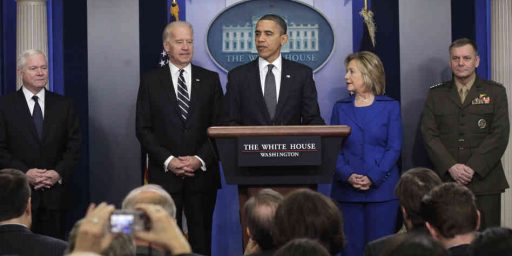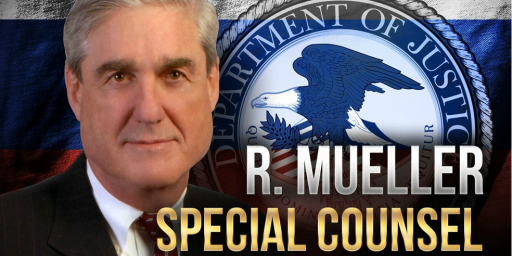9/11 Panel’s Plan Would Reduce Influence of CIA
WaPo – 9/11 Panel’s Plan Would Reduce Influence of CIA
The intelligence reorganization proposed by the Sept. 11 commission would have the overall effect of sharply reducing the influence of the CIA while increasing the importance of the Pentagon and giving the White House more direct control over covert operations, according to assessments by a range of experts including commission and congressional staff members, legislators and current and former intelligence officials.
Most public attention has focused on the commission’s recommendation to create a national intelligence director inside the Executive Office of the President who would have hiring, firing and budgetary authority over the 15 agencies that make up the intelligence community. But the more controversial and wide-ranging part of the commission’s plan, according to both those who support it and those who are skeptical, is a dramatic realignment of the intelligence-gathering roles played by agencies across the government, a shift that stretches beyond the counterterrorism role that was the commission’s main focus.
That restructuring will be a central focus of congressional hearings on the commission’s recommendations — the first of which is set for tomorrow — and is under scrutiny by White House officials who are trying to quickly decide which proposals they will back. The commission plan calls not only for the creation of a national counterterrorism center to coordinate anti-terrorist intelligence efforts government-wide but also for the establishment of an unspecified number of national intelligence centers. These centers, overseen by the national intelligence director, would focus on the day’s major issues, such as weapons proliferation, international crime and troublesome areas in the Middle East, Asia and Eurasia.
The centers would diminish the CIA’s influence in several ways, officials point out. The commission said it hopes each of the new intelligence centers would become the president’s main source of analysis for its area of expertise — supplanting a role of the CIA director. Moreover, the centers, whose staffs would be drawn from the CIA, the FBI and the Defense and State departments, would not necessarily be located at the CIA, where those roles are mainly housed today, but “in whatever department or agency is best suited for them,” the commission recommended.
Interesting indeed. While I see how this plan would diminish the influence of the CIA — which would be a natural consequence of taking the DCI hat away from the CIA Director, anyway — it is not at all clear to me that it would increase the power of DoD. Right now, the lions’ share of the intelligence budget is under control of the SECDEF. If a DNI is given that authority, the SECDEF is necessarily greatly diminished in the intelligence community. As Don Snow always told me, “Policy is what gets funded.” Control of spending is the key to political power.
Where DoD would gain power under the commission’s plan is in the part of intelligence that isn’t really intelligence: covert military operations.
The commission recommends letting the Pentagon take over “lead responsibility” for covert paramilitary operations, which in the recent past, particularly in Afghanistan and Iraq, had rested primarily with the CIA. The commission report said the agency had “unsatisfactory” results in such operations before Sept. 11, a reference to failed attempts to kill or capture Osama bin Laden in the 1990s.
*** Former CIA director Robert M. Gates said that recommendation troubled him the most. “The line between foreign and domestic covert operations is not clear,” Gates said in an interview, adding that it reflects a “lack of historic perspective.” He recalled the problems caused when the White House directly ordered covert activities, citing Oliver L. North’s generating arms shipments to Iran in 1985 and 1986 to get hostages released, and even the Watergate scandal, when the CIA helped those who broke into Daniel Ellsberg’s office. “There is a dire need for serious structural changes inside the agency and for restructuring the community,” said Gates, now president of Texas A&M University. “But some of these ideas are not well thought-out, and the results could be disastrous.”
Regardless, this is why John Kerry’s assertion that he would simply implement all the panel’s recommendations — which have not yet been enacted into law despite an entire week going by! — is foolhardy. Abdication of decision-making on a fundamental change in our national security apparatus to a panel of mostly non-experts makes no sense. Getting the recommendation of a panel of seasoned policymakers is fine. Ultimately, though, it is the job of Congress and the President to make these decisions.





